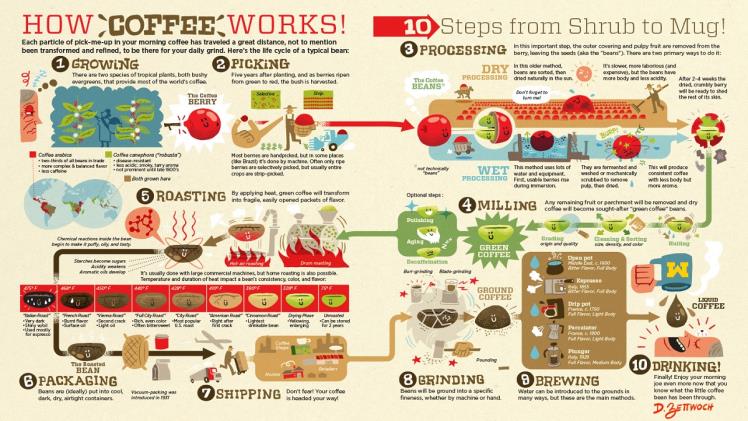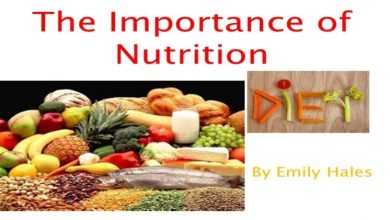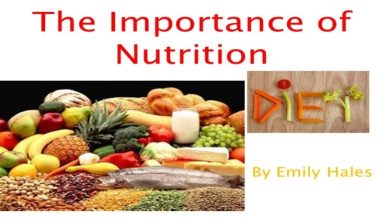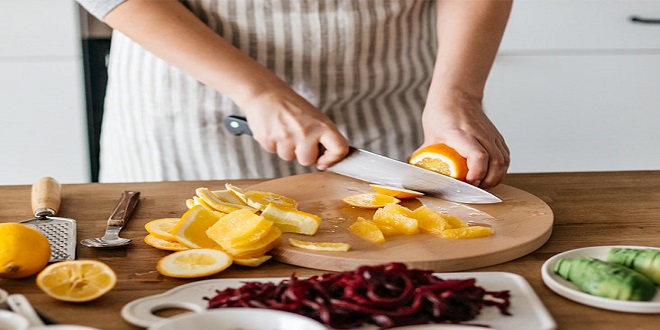Coffee supply chain

Buying coffee in a store is just the last step in a larger chain that allows you to enjoy fresh coffee. For starters, coffee farmers are the producers of coffee beans. They grow coffee plants, pick cherries and process the beans. In some regions, small coffee farmers organize into cooperatives. These cooperatives collectively process and sell their coffee, helping farmers access better prices and inputs. Cooperatives often sell coffee to exporters or specialty coffee buyers.
Coffee exporters are middlemen whose main job is coffee sourcing. They buy coffee from farmers, cooperatives or local markets. They are responsible for the logistics of exporting coffee beans to international markets. Exporters can also handle processing and quality control.
Roasters are businesses that buy green coffee beans and roast them to produce the familiar brown coffee beans that consumers recognize. Roasters can use coffees from different origins to create blends or single origin coffees. They sell roasted coffee to wholesalers, retailers or directly to consumers.
Wholesalers buy coffee in large quantities from roasters and distribute it to various retail outlets. They often act as intermediaries between roasters and retailers, helping to ensure a steady supply of coffee products to market.
Coffee retailers include cafes, coffee shops, supermarkets, specialty stores, and online platforms that sell coffee to consumers. They purchase roasted coffee beans or ground coffee and prepare and serve coffee-based drinks or sell packaged coffee products to customers.
In addition to these participants in the consumption chain, there are other categories:
Coffee trading companies engage in the buying and selling of coffee on commodity markets such as the New York Coffee Exchange. They often handle large volumes of coffee and cannot physically handle the beans, but instead engage in futures and options trading.
Some coffee companies, known as coffee brands, buy coffee directly from producers, cooperatives or traders. They create their unique blends, roast profiles and packaging, and then distribute their signature coffee products to retailers and consumers.
Organizations such as Fair Trade, Rainforest Alliance, and organic certifiers play a role in connecting certified coffee producers with consumers who value ethical and sustainable coffee production practices. These organizations often set standards and facilitate market access for certified coffee.
Some specialty coffee companies maintain direct trading relationships with coffee farmers. They buy coffee directly from producers, often paying higher prices than on the commodity market, and work closely with them to improve quality and sustainability.




